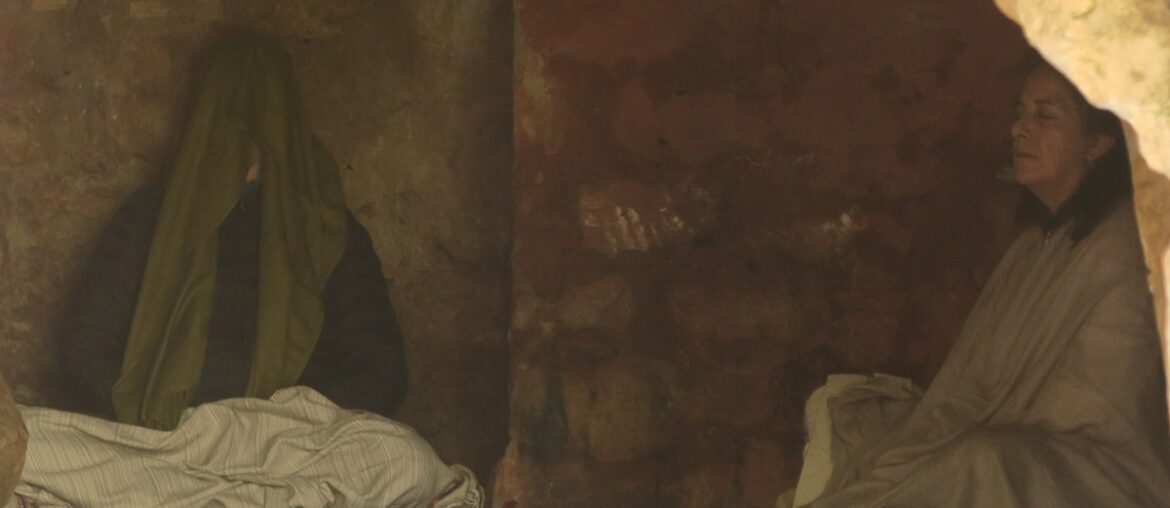is Mahavatar Babaji Shiva? or Is Babaji an Incarnation of Vishnu?
Let’s break it down based on traditional yogic teachings, Siddha lore, and what’s described in texts like “Babaji and the 18 Siddha Kriya Yoga Tradition” by M. Govindan and “Autobiography of a Yogi” by Paramahansa Yogananda:
Why Mahavatar Babaji is called ‘Shiv Baba’
is Mahavatar Babaji Shiva
The title ‘Shiv Baba’ reflects Mahavatar Babaji’s deep spiritual connection to Lord Shiva. Here’s why this name is used:
-
Embodiment of Shiva Consciousness:
In many Indian spiritual traditions, advanced yogis who reach the highest states of realization are seen as manifestations of Shiva Tattva—the principle of pure consciousness. Babaji, who is beyond time and death, is considered by many as an embodiment of this Shiva-like stillness, power, and transcendence. -
Master of Kriya Yoga – A Shivaic Science:
Kriya Yoga, which Babaji revived and transmitted to Lahiri Mahasaya, is often considered a Tantric-Shivaic path involving control of prana and the awakening of Kundalini, which are deeply rooted in Shaiva practices. -
Siddha Lineage Connection:
In the Tamil Siddha tradition, many of the 18 Siddhas (like Boganathar, Agastya, and others) were Shaivite yogis. Babaji is considered the crown jewel of this lineage and is seen as carrying the essence of Shiva.
Is Mahavatar Babaji connected to Lord Shiva in his present form?
Yes — symbolically and energetically, many traditions perceive him as being Shiva in human form.
-
While Babaji is widely accepted as an incarnation of Bhagwan Krishna (especially in the Kriya Yoga tradition), his nature transcends sectarian labels. In the Siddha Yoga and Shaiva traditions, he is equally associated with Shiva’s qualities — immortality, detachment, yogic mastery, and divine stillness.
-
In essence, Mahavatar Babaji is beyond dualities. He unites the Krishna Bhakti path (love and devotion) with the Shiva Jnana path (knowledge and inner silence) — embodying the essence of both.

Babaji’s Early Worship of Lord Murugan (as per M. Govindan)
You’re correct: According to M. Govindan’s work, Babaji in his early years worshipped Lord Murugan, who is the son of Shiva and Parvati, and is especially revered in Tamil Nadu.
-
Lord Murugan (also called Skanda, Kartikeya, Subramanya) is seen as a divine commander of the inner forces, a spiritual warrior guiding seekers toward enlightenment.
-
Many Siddhas view Murugan not just as a deity, but as a cosmic intelligence or guiding force in the evolution of consciousness. By worshipping Murugan, Babaji was aligning with Shiva’s spiritual lineage and drawing from that power.
Krishna, Shiva, and Babaji – The Unifying Principle
Even though Bhagwan Krishna and Bhagwan Shiva are seen as separate deities in mythology, at the level of pure consciousness, they are one. Advanced yogis and realized beings often transcend these identities. So:
-
Babaji being called ‘Shiv Baba’ reflects his Shaiva roots and yogic qualities.
-
His Krishna-avatar identity reflects his divine mission of Bhakti, Dharma, and Yoga revival.
-
His worship of Murugan in his formative years symbolizes his training under Siddha lineage, especially in Tamil Shaiva Tantra.
In Summary:
-
‘Shiv Baba’ is a title of reverence acknowledging Babaji’s Shiva-like yogic power and immortal stillness.
-
He is deeply linked to Lord Shiva, especially through the Siddha tradition.
-
Babaji’s Krishna-avatar nature aligns with his Kriya Yoga mission, but does not contradict his Shaiva aspects.
-
Worshipping Murugan (Shiva’s son) in early life shows a natural progression of his path in the Shaiva-Siddha lineage.

Is Babaji an Incarnation of Vishnu?
Yes, in Hindu terms.
If Babaji was Krishna in a previous incarnation — and Krishna is considered the full avatar (Purna Avatar) of Vishnu — then by extension, Babaji can also be regarded as an incarnation or aspect of Vishnu, especially when viewed through the Hindu theological lens.
This perspective is valid within Vaishnavism and Hindu cosmology, where avatars of Vishnu descend to restore dharma and uplift the world.
But Babaji Transcends Deity Labels
In Yogananda’s universal teachings, Babaji is not limited to being a Vishnu avatar or even just a Hindu deity. He is described more accurately as a:
“Living Avatar of God”
One who has merged completely with the Infinite Consciousness — which is beyond Brahma, Vishnu, and Shiva.
-
This Absolute Consciousness is God beyond form: beyond roles like creator (Brahma), preserver (Vishnu), or destroyer (Shiva).
-
Babaji is seen as one who no longer has ego or individuality. All action through him is divine will — God acting directly in the world.
“Nothing in him is ‘I’. Everything is only God.” — (As described beautifully in the answer you shared.)
Avatar vs Incarnation
To clarify:
-
Incarnation ( Avatara in Sanskrit) can be interpreted narrowly as a divine soul taking birth with a mission, such as Krishna, Rama, or Narasimha.
-
Avatar in Yogic terms (especially in Kriya Yoga) refers to a being who has achieved complete union with God and may choose to incarnate across time to serve humanity.
So while Babaji may have been Krishna (a Vishnu avatar) in a past life, he is now functioning in a higher role, as an ever-living, ever-free master — beyond even the cyclical roles of Vishnu, manifesting only God’s will.
Quotes that Support This View:
Autobiography of a Yogi, Sri Yukteswar:
“Babaji’s spiritual state is beyond human comprehension… One attempts in vain even to picture the avatar’s attainment.”
A Saint in the Himalayas:
“Everything is Babaji, and Babaji is in everything.”
Summary
-
Yes, Babaji can be seen as a Vishnu incarnation — if we trace his earlier manifestation as Krishna.
-
But he is far more than just a Vishnu avatar. In higher yogic understanding, Babaji is a perpetual, fully God-realized being — God Consciousness itself, incarnate without ego, existing beyond time and space to guide sincere seekers.
is Mahavatar Babaji Shiva is Mahavatar Babaji Shiva is Mahavatar Babaji Shiva is Mahavatar Babaji Shiva is Mahavatar Babaji Shiva is Mahavatar Babaji Shiva is Mahavatar Babaji Shiva is Mahavatar Babaji Shiva is Mahavatar Babaji Shiva is Mahavatar Babaji Shiva



Comments are closed.